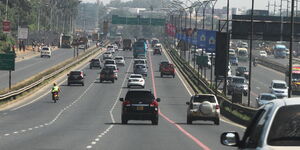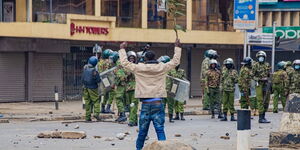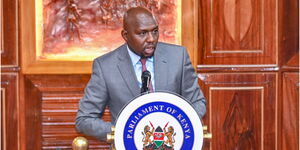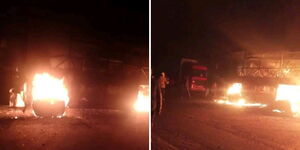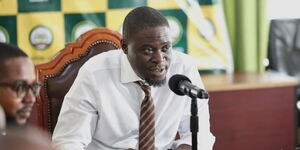As Kenyans prepared to cast their votes and choose the incoming government on Tuesday, August 9, the neighboring Uganda was replenishing its stock of basic commodities including fuel to cushion its citizens from any possible shortage.
Being a landlocked country, Uganda heavily relies on the Kenyan port of Mombasa for its imports.
Owing to the nature of Kenyan elections, the Ugandan government had increased its fuel stock to 100 million. In 2007, Uganda faced acute shortage of fuel after Kenya was plunged into chaos following the contested presidential election.
In addition, the Uganda government stated that the measure to increase its buffer stock was meant to prevent inconsistencies in fuel supply among other goods so as to avoid a repeat of the 2007 scenario.
Solomon Muyita - the Ministry of Energy spokesman - told Bloomberg News that the increased stock is expected to sustain Uganda for at least 10 days when the atmosphere will be clearer.
"The government holds about 30 per cent of the stocks and the private sector has the rest. Inflows continue from both Kenya and Tanzania, with more importers embracing the longer route to the south," Muyita stated.
In addition, the official noted that the country had prepared for the August 9 Kenyan General Election three months in advance. Uganda also has ongoing plans to import fuel through Tanzania in case of any eventualities.
According to Ugandan Ministry of Energy, the country consumes about 6.5 million liters of fuel daily. Therefore, 100 million liters will last for at least 10 days.
In early April, the Ugandan government called upon Kenya to set a fixed monthly rate that will see fuel shortages alleviated and reduce the fuel prices.
Uganda imports fuel from the United Arab Emirates, Turkey, Saudi Arabia and India, and ships it through the port of Mombasa.
After polling stations in Kenya closed, tallying of votes begun even as Kenyans anxiously waited for the results.


